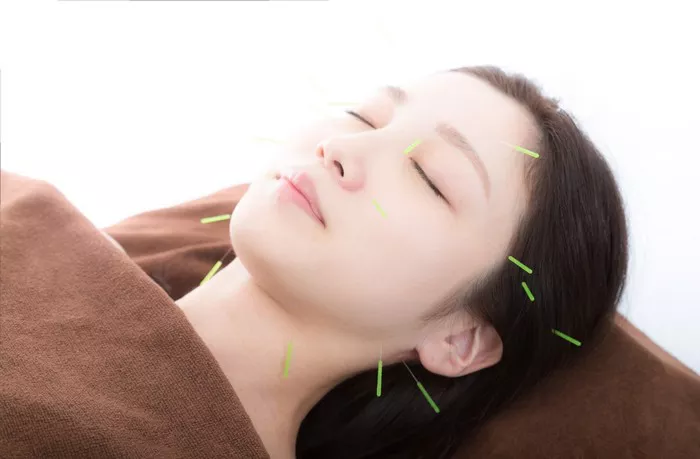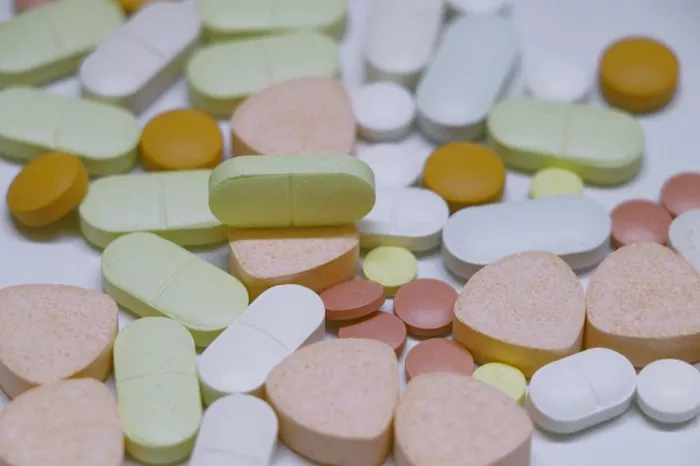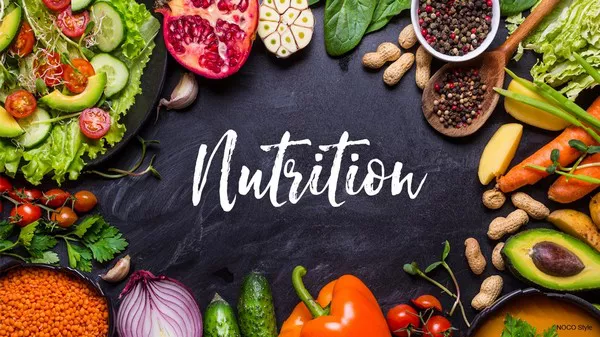In a remote village in northern Central African Republic (CAR), a healthcare worker is using a new resource to bring vital services to the local population. Thanks to a European Union-funded initiative, UNICEF, in collaboration with local partners, is providing free medical services to women and children in the Ouham Prefecture.
Improving Access to Healthcare in Ndokota
Abel Mapouka, a 58-year-old nurse, has been serving the Ndokota health center for the past 14 years. Situated about 50 kilometers from Bossangoa, the health center serves as a lifeline for thousands of people scattered across seven villages, as well as a mining site where many have settled in search of gold.
The center provides basic health services to around 32,000 people. Abel explains the diverse services they offer, including outpatient clinics, a maternity unit with antenatal care, a delivery room, a reproductive health department, and immunization programs to ensure that every child is vaccinated.
Despite the center’s dedication, reaching such a dispersed population remained a major challenge. The lack of adequate transportation made it nearly impossible to provide timely medical care to the people who needed it most.
A Turning Point: The Arrival of the Motorcycle
In June of last year, the center received a brand-new motorcycle, a gift from the European Union-funded project, which provided a much-needed solution to this transportation issue. The motorcycle was part of a larger initiative aimed at addressing critical gaps in the supply chain for essential medicines.
UNICEF partnered with the CAR Ministry of Health and Population to improve health services in the country. This project, which began in 2022, targeted seven health districts: Bimbo, Boda, Bossangoa, Bangassou, Ouango-Gambo, Hautte Kotto, and Vakaga. These regions are known for their vulnerability and, in many cases, difficult accessibility. With a budget of $8.5 million, the initiative aimed to deliver essential medicines for free to over 200,000 people, including 31,840 newborns, 36,389 pregnant and breastfeeding women, and 157,382 children under five.
A Significant Impact on Healthcare Delivery
The introduction of the motorcycle has revolutionized the way medical supplies are delivered. Abel uses it to transport medications regularly to Ndokota and visit villages that are inaccessible by car. This has ensured a consistent supply of essential drugs, allowing healthcare workers to reach more people in need.
The impact has been transformative. “The motorcycle has made all the difference,” Abel says. “Now we can travel to Bossangoa regularly to ensure that we always have a steady supply of medicines, and visiting remote villages has become much easier.”
In addition to the motorcycle, the project has rehabilitated two drug storage facilities in Bimbo and Bossangoa and distributed 35 motorcycles across all seven health districts. These efforts are a crucial part of the initiative to enhance healthcare delivery in the region.
Overcoming Past Challenges
Abel’s journey has not been without its struggles. During periods of political unrest in the country, the health center was looted, and Abel had to safeguard medical supplies at all costs. Recalling the violence of the Seleka takeover in 2013, Abel shares that the center was thoroughly looted, forcing him and his staff to flee for safety. During the 2020-2021 rebellion, he took the initiative to hide the medicines in a secure location.
Despite these dark chapters in the history of the center, Abel remains optimistic about the future. With the new motorcycle and improved resources, he and his team are now focused on providing the best possible care to the local community.
A Message of Gratitude and Hope
Abel is not just dedicated to providing healthcare; he is also passionate about spreading awareness of the support that has made these improvements possible. When he travels by motorcycle to visit remote villages, he takes the opportunity to educate the community about the role of UNICEF and the European Union in supporting healthcare services. “I always tell people that this support comes from UNICEF and its donor, the European Union, and that we must take care to use this precious gift wisely,” he says.
As Abel looks to the future, he hopes his children will follow in his footsteps and become healthcare professionals. “I tell them to study hard, and they will succeed,” he says with pride. “When they become nurses or doctors, I will make sure they remember the importance of using the resources they have for the good of the community.”
Abel’s story is a testament to the resilience and dedication of healthcare workers in some of the most challenging environments. Thanks to the support from the European Union and UNICEF, communities in the Ouham Prefecture are receiving the vital healthcare services they need to improve their lives.
Related Topics

































